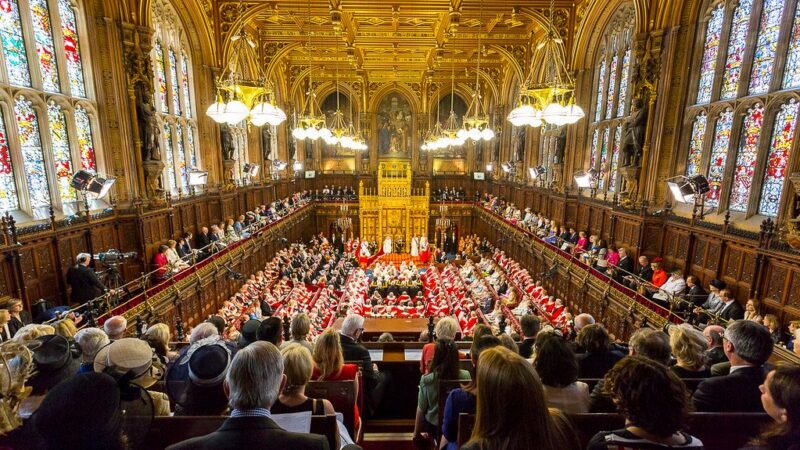
For most of Labour’s history, our policy has been to abolish the House of Lords or have an elected second chamber. In recent manifestos, we have committed to the creation of an elected Senate of the Nations and Regions. Last week’s colourful dissolution peerage list demonstrates again the necessity of that commitment.
The primary purpose of the Lords is to scrutinise and amend legislation. Linking the appointment of legislators with peerages and having life terms undermines our democracy. Those who defend the Lords argue that the House contains considerable expertise and independent thinking, which would not exist within an elected system. However, as was so clearly displayed last week, it is a system mainly based on patronage.
The Lords is also almost three-quarters male, with the newly published list actually reducing the proportion of women, and predominately white. The chamber is definitely not a reflection of modern Britain. There is surely a way of ensuring both expertise and independence within an elected, representative and accountable chamber.
Labour boycotting the Lords won’t bring about its abolition or quicken the pace of reform. The second chamber makes hundreds of amendments to bills every year, often improving the legislation. The current 174-strong Labour peers group regularly make the difference, as many changes to law would not take place without Labour‘s voting strength. We were right to take five places out of the 36 created last week.
In March 2007, I voted to abolish the Lords and – when that was defeated – for a fully-elected chamber. That vote, won by 337 votes to 224, is the only time the Commons has voted for a wholly-elected second chamber. But turkeys don’t vote for Christmas, and the Lords then rejected this proposal. Jeremy Corbyn was right to ask new peers to vote to abolish an unelected Lords whenever the opportunity arises.
If there were no second chamber, restructuring of the Commons would be required with already overstretched MPs having to take on additional scrutiny work. It may be that reform of the second chamber is more practicable than simple abolition. In recent years, Labour has done work mainly behind closed doors on a reformed second chamber as part of a wider new constitutional framework for the UK. The detail of what that would look like needs to be fleshed out with a public debate as to where power should lie.
As a former Scottish MP, I would like see Scotland’s rights as a nation enshrined in this new set-up, and a further transfer of power to Scotland as significant as that which took place when the Scottish parliament was created in 1999. Until the Second World War, Labour supported home rule with maximum self-government for Scotland within the UK, and I stand in that tradition. But constitutional change is needed in the rest of the UK, too. Labour must use the experiences of our elected councillors, metro-mayors and others, who will have views as to what powers are needed to deliver economically for communities.
As a Labour peer, I will be there to try to amend legislation, take up human rights cases, and issues and campaigns on behalf of the labour movement. It is an honour to be given the opportunity to do that. But part of that role also must be insisting that we get a legislative system appropriate for a 21st-century democracy and calling for an overhaul of the second chamber.




More from LabourList
The cost of living crisis is still Britain’s defining political challenge
‘Nurses are finally getting the recognition they deserve’
Letters to the Editor – week ending 15th February 2026